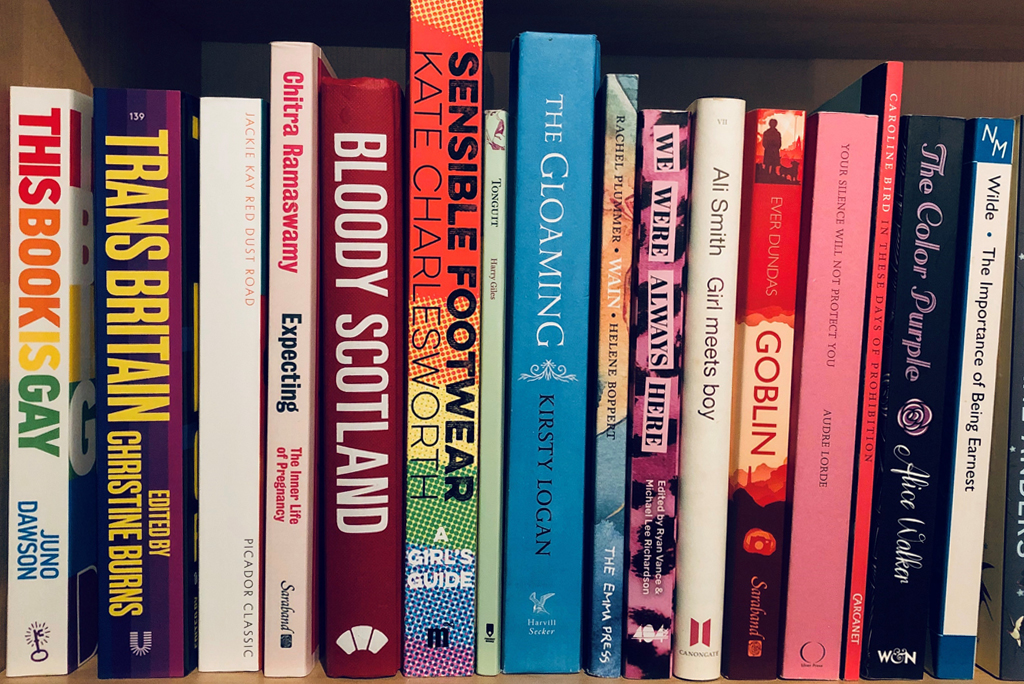In the hallowed halls of libraries, revered as democratic spaces where knowledge knows no bounds, a disquieting trend is unfolding across the United States. While libraries have long been sanctuaries for diversity and inclusivity, a subtle yet insidious form of censorship is seeping into their shelves. The American Library Association (ALA) proudly upholds the principle that “a person’s right to use a library should not be denied or abridged because of origin, age, background, or views.” However, the reality is far from ideal.
The Unseen Suppression of LGBTQ+ Voices
In a phenomenon termed “quiet censorship” by journalist Kelly Jensen, books that shed light on LGBTQ+ issues are not overtly banned but are effectively rendered inaccessible. This practice, less publicized than mass book bans in schools, involves the deliberate omission or restriction of materials related to LGBTQ+ themes. The motive behind this covert censorship is often rooted in a desire to preempt controversy rather than to assess who in the community needs these resources.
A Growing Threat to Literary Diversity
This disconcerting trend is spreading across the United States, with the ALA reporting a record 1,269 demands to censor library books and resources in 2022, nearly doubling the figures from the previous year. While this movement may seem to be about removing books, its true impact is felt in the suppression of voices and the denial of access to important resources. LGBTQ+ books, along with works by lesser-known writers of color, are particularly vulnerable to this “soft ban” phenomenon.
The Role of Organized Challenges
Religious groups and conservative political organizations, such as the anti-LGBTQ+ group Moms for Liberty, play a significant role in orchestrating book challenges. Their objections often center on religious grounds and the supposed protection of children from perceived explicit content. The resultant publicity emboldens individuals with similar anti-LGBTQ+ beliefs, further perpetuating this form of censorship.
Resisting the Quiet Censorship
As this form of insidious censorship threatens literary diversity and the principles of free access to knowledge, it is crucial to take action. Organizations like the American Library Association, PEN America, and Unite Against Book Bans provide valuable resources and support to counter censorship attempts. They empower library workers and advocates to safeguard the inclusivity and diversity that libraries have traditionally represented, ensuring that LGBTQ+ voices continue to be heard within their walls.
In a society that champions freedom, it is imperative to strike a balance between individual beliefs and the preservation of diverse perspectives in our cherished libraries. The battle against quiet censorship is not only a matter of literary freedom but a testament to our commitment to a truly inclusive society.

